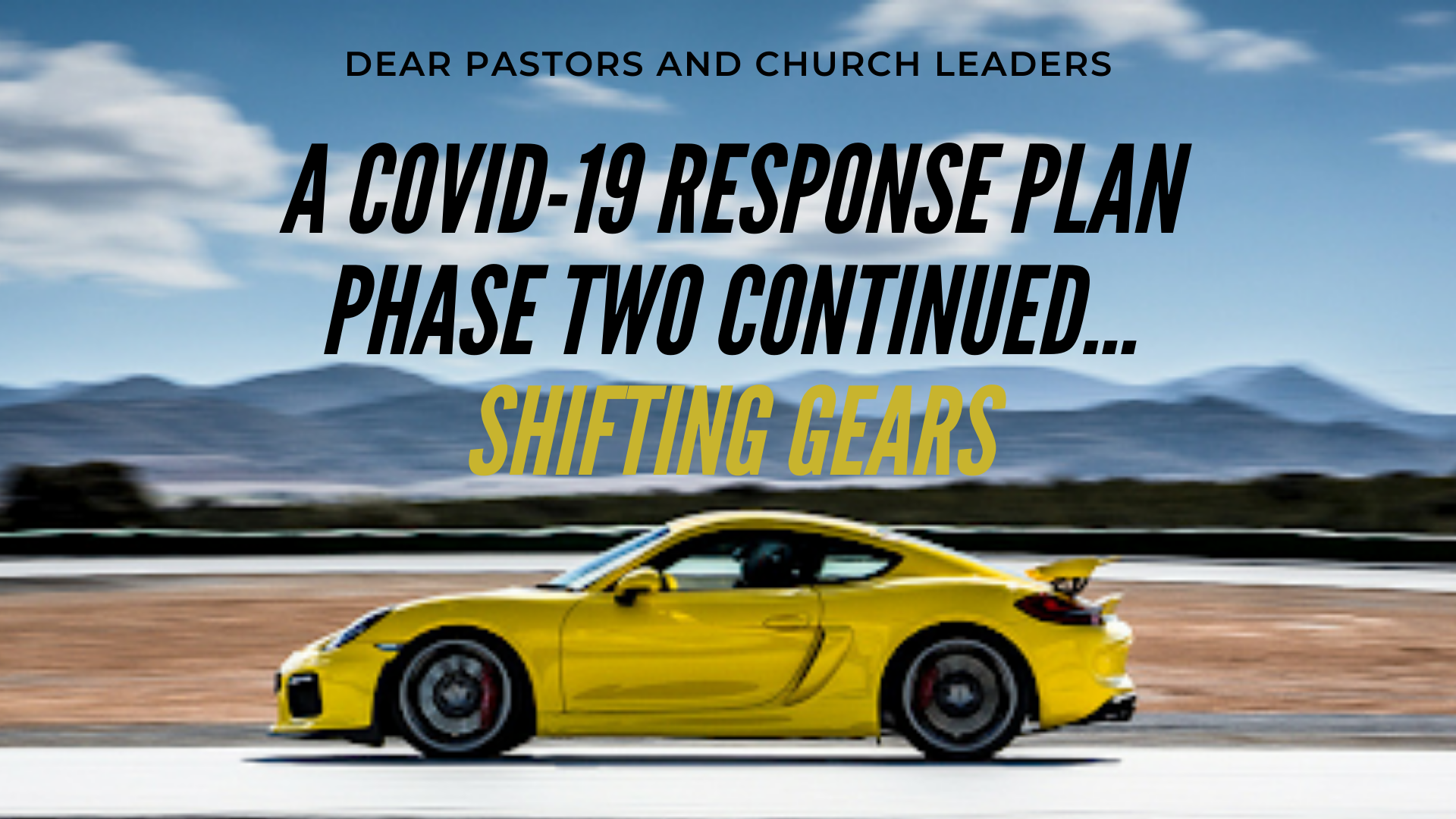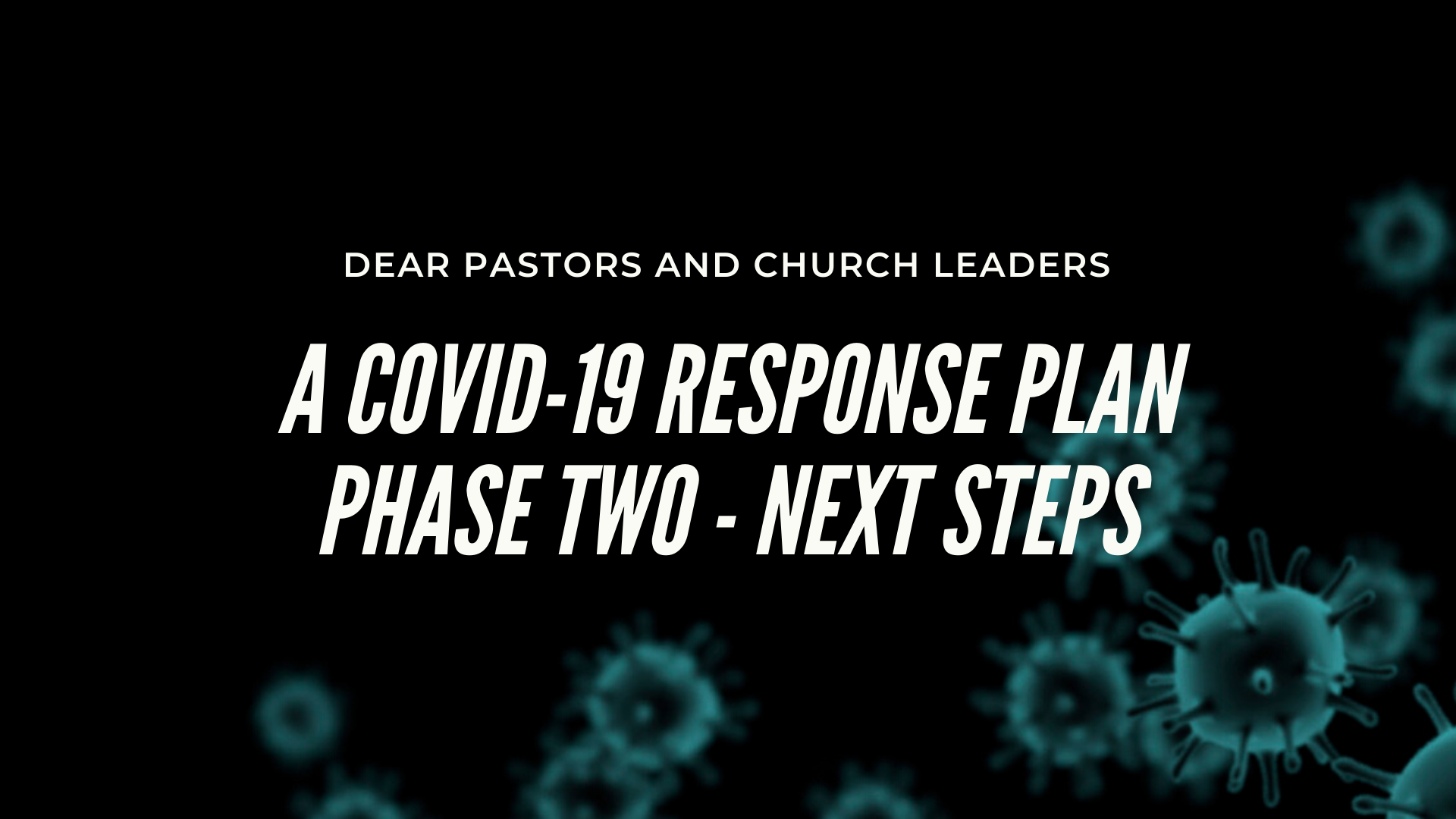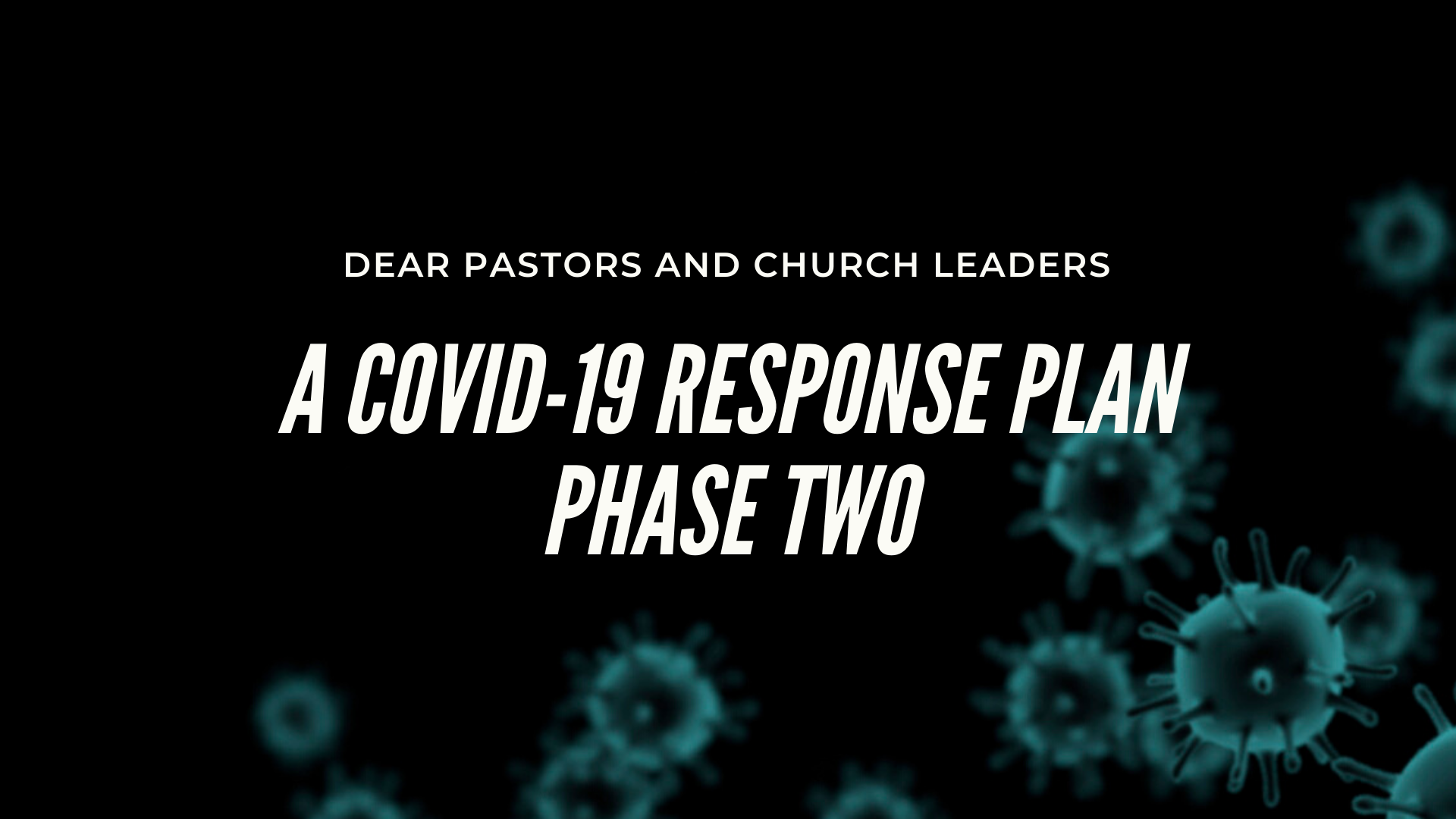As we leave 2020 behind and press into 2021, I want to consider four leadership postures for the year ahead…
Self-Care (Healthy Rhythms and Intentional Rest)
The temptation of entering into 2021 is to turn the page on 2020 and enter the coming year ignorant of the long-term effects of leading through a pandemic. Turning a calendar page might feel good but it doesn’t erase the impact of a difficult situation, season or year. We know this to be true in other people’s lives, but we are often blind to it in our own. I want to emphasize this. In every major catastrophe or event, people often weather the storm, only to experience long term impacts. In extreme situations, this is known as PSTD, but the principle of delayed and long-term impact shouldn’t be ignored. As we enter 2021, it is vital for any leader to focus on self-care. To take adequate time off. To pursue healthy rhythms. To get help even if you don’t think you need it. If you are experiencing any symptoms from what I posted here (You are Not Okay), get some help and see a counsellor or a psychologist. Don’t delay and care for yourself as we enter this new year. Again, turning the page will not erase the hard words and difficult storyline of the previous chapter.
Preparing for the Long Haul
With the talk of a vaccine, there is a sense that things will go back to “normal” and, therefore, there isn’t a need to make the changes required for the long road ahead. This is short-sighted and dangerous. The road ahead will be longer than we hope, and we need to be prepared. Even if I am wrong, and I hope I am, be prepared mentally and practically for the road ahead. Good leaders don’t lead with blinders, they lead with clarity and the bravery to look ahead with courage and truth (for more on this, see my previous post).
Normalize Change
As you lead into 2021, it is vital that you normalize change. After a season that jarred you out of the rut of the past, you will be tempted, even long, to go back. Ignore the urge to go back to old systems that didn’t work (even if our rose-coloured memories tell us they did) and old structures that were outdated. The innovation of the last year is the innovation posture needed for the future ahead. Don’t let your foot off the pedal of change but rather get used to driving at the speed of invention. This is the posture needed for any effective organization or ministry in the future. Develop a posture of innovation and embrace the normalcy of change in 2021.
Empowering Young Leaders
In the last year, you may have reduced your reliance on younger leaders and stopped listening to emerging voices. The desire for a steady and seasoned voice was understandable but the future will demand that we attune our ears to the young voices in our organizations and teams. Promote young people, give responsibility to younger leaders and take some leadership risks with them in the coming year. If you are a seasoned and older leader and you (re)build your organization, ministry and team around your desires and your preferences, you have missed the mark and have sacrificed your organization’s future for your present comfort. The best leaders will empower young leaders in the coming season and give them room to experiment, develop and grow.
The Promise Ahead
2021 holds so much promise but that promise can be easily buried by our short memories and desire for comfort. If we accept the temptation of comfort, we reject the vital opportunities before it. Look ahead with realism and walk forward in hope. God is doing a new thing and asking us to join.





